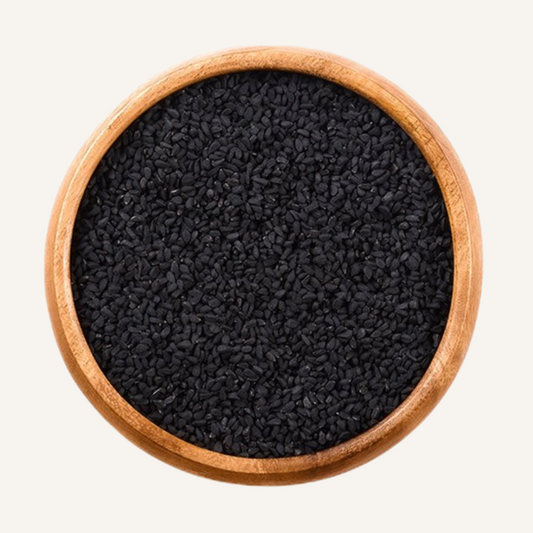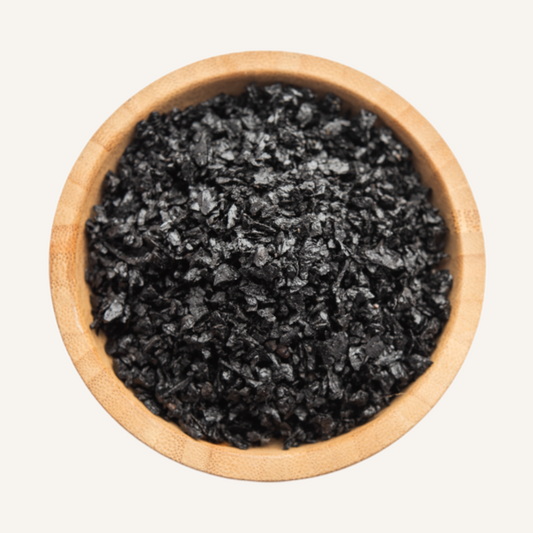
Nature's First Aid Kit: Healing Properties of Essential Oils
Abdullaah KhanShare
Essential oils have been used for centuries for their healing properties. These potent plant extracts are packed with powerful compounds that can help soothe and heal a variety of health issues. In this blog post, we will explore the benefits of essential oils and how they can be used as a natural first aid kit.
What are Essential Oils?
Essential oils are highly concentrated plant extracts that are obtained through distillation or cold pressing. These oils contain the essence of the plant and are often used for their therapeutic properties. Essential oils are commonly used in aromatherapy, which is the practice of using essential oils to promote physical and emotional well-being.
Healing Properties of Essential Oils:
Essential oils have a wide range of healing properties, including anti-inflammatory, antimicrobial, antiviral, and analgesic. Here are some of the most common essential oils and their healing properties:
-
Lavender Oil: Lavender oil has a calming effect on the body and is often used to reduce stress and anxiety. It is also known for its pain-relieving and anti-inflammatory properties, making it an excellent choice for headaches, muscle pain, and joint pain.
-
Peppermint Oil: Peppermint oil is a natural pain reliever and has a cooling effect on the body. It is often used to relieve headaches and muscle pain. Peppermint oil is also a natural insect repellent.
-
Tea Tree Oil: Tea tree oil is a powerful antimicrobial and antiviral oil. It is commonly used to treat skin infections and is an effective treatment for acne.
-
Eucalyptus Oil: Eucalyptus oil has a strong, refreshing scent and is often used to treat respiratory issues such as coughs, colds, and congestion. It is also a natural insect repellent.
-
Rosemary Oil: Rosemary oil is a natural pain reliever and has anti-inflammatory properties. It is often used to relieve headaches and muscle pain.
How to Use Essential Oils:
Essential oils can be used in a variety of ways, including aromatherapy, topical application, and ingestion. Here are some common ways to use essential oils:
-
Aromatherapy: Add a few drops of essential oil to a diffuser or humidifier to enjoy the therapeutic benefits of the oil.
-
Topical Application: Mix a few drops of essential oil with a carrier oil such as coconut oil or almond oil and apply to the skin.
-
Ingestion: Only ingest essential oils that are safe for consumption and have been approved by a healthcare professional.
Conclusion:
Essential oils are a natural and effective way to treat a variety of health issues. They are easy to use and can be a great addition to your natural first aid kit. However, it is important to use essential oils safely and consult with a healthcare professional before using them for any health condition.
It is important to note that essential oils should not replace conventional medical treatment, and should be used in conjunction with professional medical advice. Pregnant or nursing women, children, and individuals with medical conditions should consult a healthcare professional before using essential oils.
In summary, essential oils can be a valuable addition to your natural first aid kit. Whether you use them for aromatherapy, topical application, or ingestion, essential oils can help soothe and heal a variety of health issues. With their potent healing properties and natural origins, essential oils offer a safe and effective way to support your health and well-being.
References:
- Sayorwan, W., et al. "The effects of lavender oil inhalation on emotional states, autonomic nervous system, and brain electrical activity." Journal of the Medical Association of Thailand vol. 95,4 (2012): 598-606.
- Gobel, H., et al. "Essential plant oils and headache mechanisms." Phytomedicine vol. 6,2 (1999): 93-8.
- Carson, C. F., et al. "Melaleuca alternifolia (Tea Tree) oil: a review of antimicrobial and other medicinal properties." Clinical Microbiology Reviews vol. 19,1 (2006): 50-62.
- Sánchez-Vidaña, D. I., et al. "Eucalyptus Essential Oil: A Review on Its Use in Respiratory System Infections." Pharmaceuticals (Basel) vol. 11,4 (2018): 104.
- Kwon, Y. S., et al. "Analgesic Effects of Rosemary Essential Oil and Its Interactions with Codeine and Paracetamol in Mice." Korean Journal of Pain vol. 28,1 (2015): 20-7.








